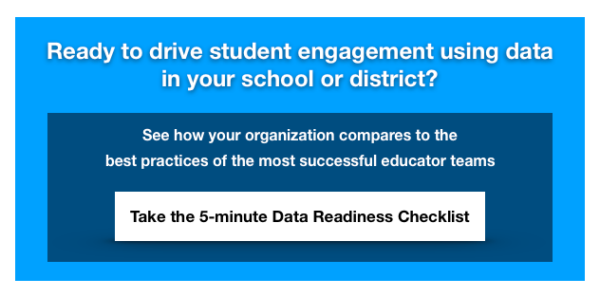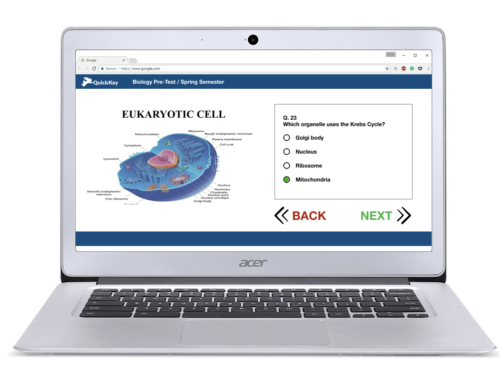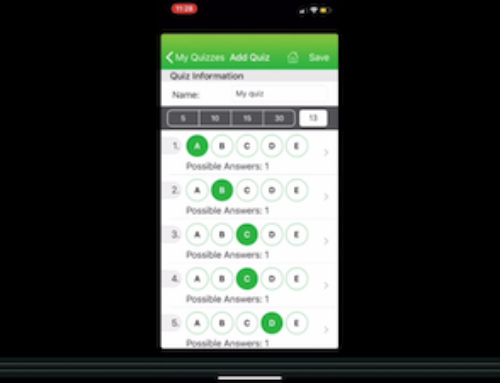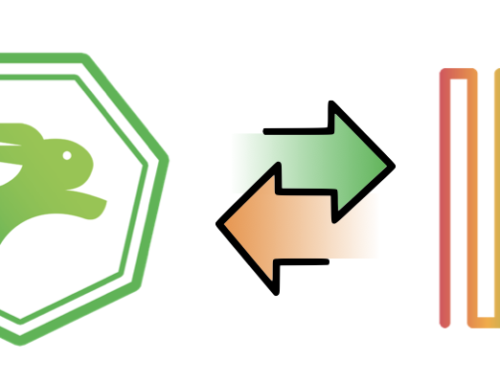How a school used Quick Key to implement a successful instructional plan to measurably improve student achievement
Barbara Burke was on a mission to improve her high school students’ proficiency scores. 95% of entering 9th graders were behind grade level in English, with similar numbers for math. The school regularly placed in the bottom 20% for proficiency on state tests, and it struggled with low student engagement, high truancy, low graduation rates, and even gun violence. The teachers and staff at Carver are experienced, talented, and hard-working, but they needed something more. Mrs. Burke had something in mind.
As a lifelong educator and principal at Carver High School (and now a member of the Winston-Salem Forsyth County School Board), Mrs. Burke had developed an instructional plan she called Numbers Matter. The plan was built on the principals of student engagement, teacher buy-in, and planned cadences of classroom assessments that are aligned to the standards. Burke knew that student engagement, family engagement, and assessment were all key to improving outcomes for her kids. So she designed Numbers Matter to seamlessly weave data into student and teacher engagement. For data collection and analysis, she chose Quick Key. The results were significant, measurable, and most of all, fast.
Data and engagement reinforcing each other
Burke’s Numbers Matter program starts with getting students to understand that in life “your numbers matter,” from your APGAR score as a newborn, to your sports stats, to your grades. More than that, Burke got students excited about one kind of number in particular: students’ scores on bi-weekly assessments using Quick Key. How did she get them excited? By using quiz results collected with Quick Key to create a data wall, and giving an order-in pizza lunch to the highest performing classrooms every two weeks. She rewarded students with the same accolades normally handed out for accomplishments on the football field. And she made sure students learned to love the fact that their numbers matter, and they loved seeing those numbers go up!
Results
In the first year of Numbers Matter, the achievement gap between the highest and lowest-scoring students narrowed by more than 50%. In addition, overall scores increased between 50% and 100%, and the School’s test scores – which had been significantly below the state average in previous years – met the average for the state.
Building a Classroom Assessment Cadence
As for the assessments: The most enthusiastic teachers from each department worked over the summer to build a series of short bi-weekly quizzes in the Quick Key software that aligned to the district pacing guide. For question items, they turned to their current curriculum as well as from previous assessment they had given in years past. Every student in each grade level and subject took the same quizzes at the same time, allowing the teachers to work together on remediation such as scaffolding and tutoring time. This also allowed Burke and her team to run the fun competitions that engaged the students.

“Teachers need technology tools that they feel comfortable using to get the job done quickly. And students need instant feedback if they are to be expected to take ownership and pride in their own learning and achievement. We achieved those things with Quick Key.”
— Barbara Burke, Creator of Numbers Matter





